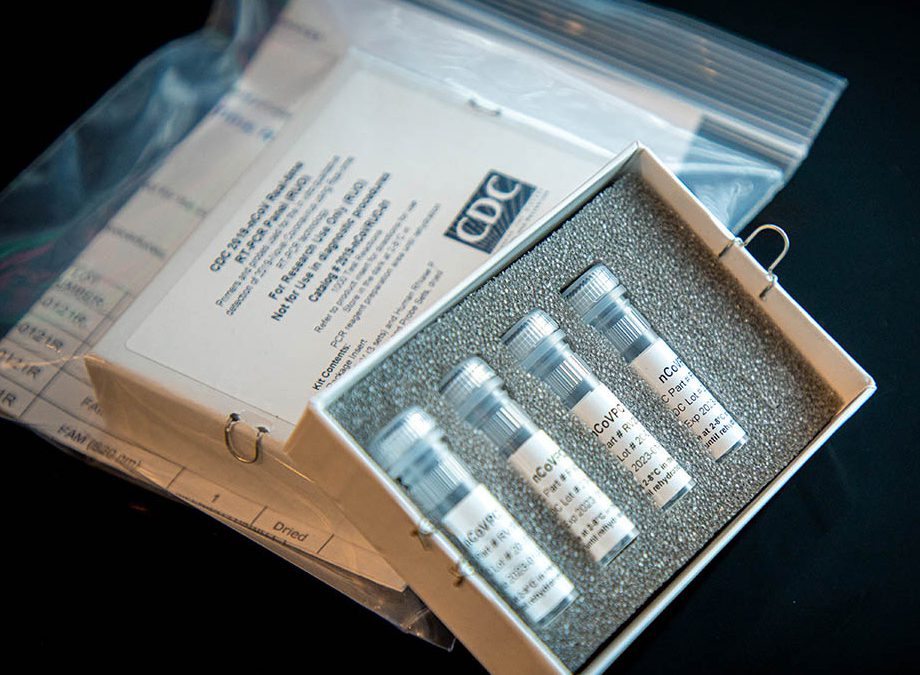WASHINGTON— Small businesses are suffering declines in sales due to misinformation and confusion surrounding the spread of COVID-19, or Coronavirus, industry representatives said Wednesday in a hearing before congressional leaders.
Andrew Chau, co-founder and CEO of BobaGuys, a chain of popular boba tea shops, said that sales in some shops are down, especially around ethnic enclaves, and nearby businesses have faced “some form of discrimination and stigma” as some prospective customers see “the face of coronavirus as Chinese restaurants and Chinese patrons.”
Many businesses in Chinatowns and other ethnic enclaves have reported large declines in sales, and many city-governments have scrambled to support small businesses. For example, New York lawmakers and business owners launched the campaign “Show Some Love in Chinatown” to lift sales.
“The negative stigma of this virus will impact our community long after COVID-19 itself is gone,” Chau said, asserting that many Asian-owned firms may not have sufficient cash reserves to keep their doors open. “As we enter the third month since the news broke, many businesses, particularly those affected in these ethnic enclaves, are holding on for dear life.”
Inconsistent messaging has also affected many travel agencies, 98% of whom meet the Small Business Administration’s definition of small business.
Jay Ellenby, president of Safe Harbors Business Travel in Bel Air, Maryland, said that customers are afraid of being unable to return home, or being quarantined if circumstances change quickly.
Other concerns range from who exactly is most vulnerable to the virus, and if cruises and airplanes are safe.
“When it comes to the leisure side, vacation-type travel…it’s very difficult for an agency to stay in business when such messaging comes out,” he said.
Ellenby also contended that he “did not see any light at the end of the tunnel when it comes to the corporate side” of travel planning, and that Safe Harbors has had to make “significant lay-offs” as they face a decline in sales.
Both Chau and Ellenby argued for SBA loans, or small-business loans guaranteed by the Small Business Administration. These loans were included in funding in the recently-enacted Coronavirus Preparedness and Response Supplemental Appropriations act of 2020.
The White House is also considering measures to help small businesses. President announced on Tuesday morning that he would consider a “very substantial” payroll tax cut, as well as legislation that would create SBA loans and protect hourly wage earners who miss work because of COVID-19.
Rep. Adriano Espaillat (NY-13), expressed support for SBA loans, but remained skeptical of their ability to provide long-term assistance to struggling small businesses.
“It may be helpful now, but it will cripple you tomorrow,” he warned, arguing for the creation of grants and tax credits for small businesses that retain their employees and install environmentally conscious equipment.

